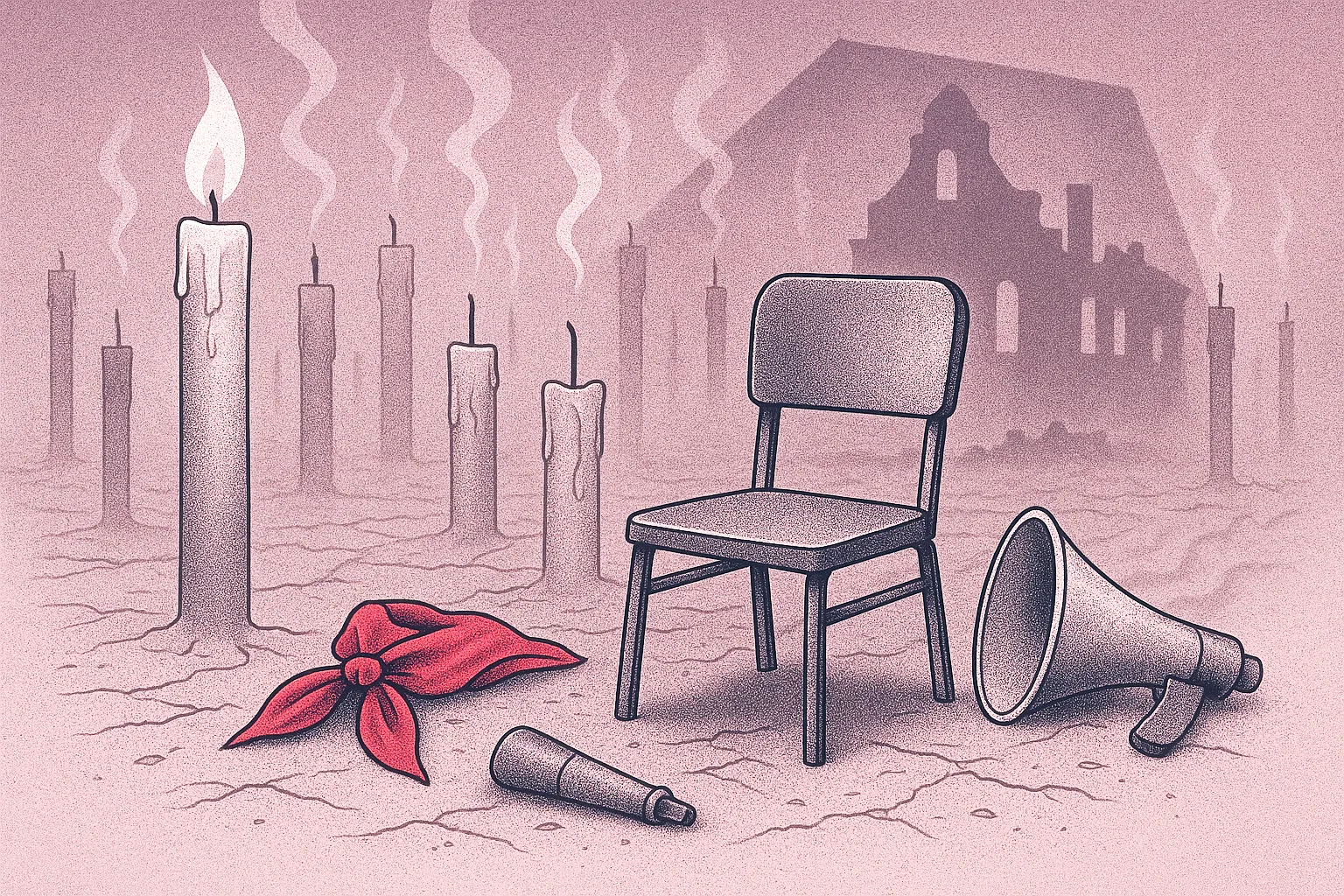A hymn for the erased.
Villages forget.
The rooster still screams.
Memory burns quietly.
Most
Recent
Read
Commented
Requiem for Nobody

It begins in a drowsy provincial town — Prespan, somewhere deep in 1980s Bulgaria — at a moment when history quietly forgets its manners. The so-called “Revival Process” is in full swing, and neighbour turns against neighbour in a fog of fear, confusion, and officially sanctioned paranoia. Beneath the surface: an invisible crack running through the human soul. Nobody talks about it. Everyone feels it.
Requiem for Nobody is not a historical novel in the strict sense. Its aim is not to recount the truth, but to chase it into the corners where it hides — in the instincts, the silences, the petty betrayals that define our collective collapses. Brutally naturalistic at times, the novel doesn't seek to accuse or explain, but to confront something more elusive: the way we shrink from ourselves when the stakes are highest.
If the book asks a question, it is one without a flag or an ideology. Why are we like this? From the dusty streets of Prespan to the burned-out echoes of Yugoslavia and the stunned corridors of Berlin, that question keeps knocking — unanswered, perhaps unanswerable. But in its persistence lies a kind of hope: that the effort to remain human, even when it seems futile, is still the only struggle worth having.
Comments
Komento Comments
